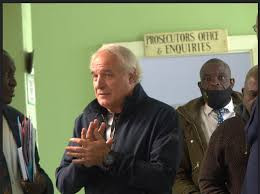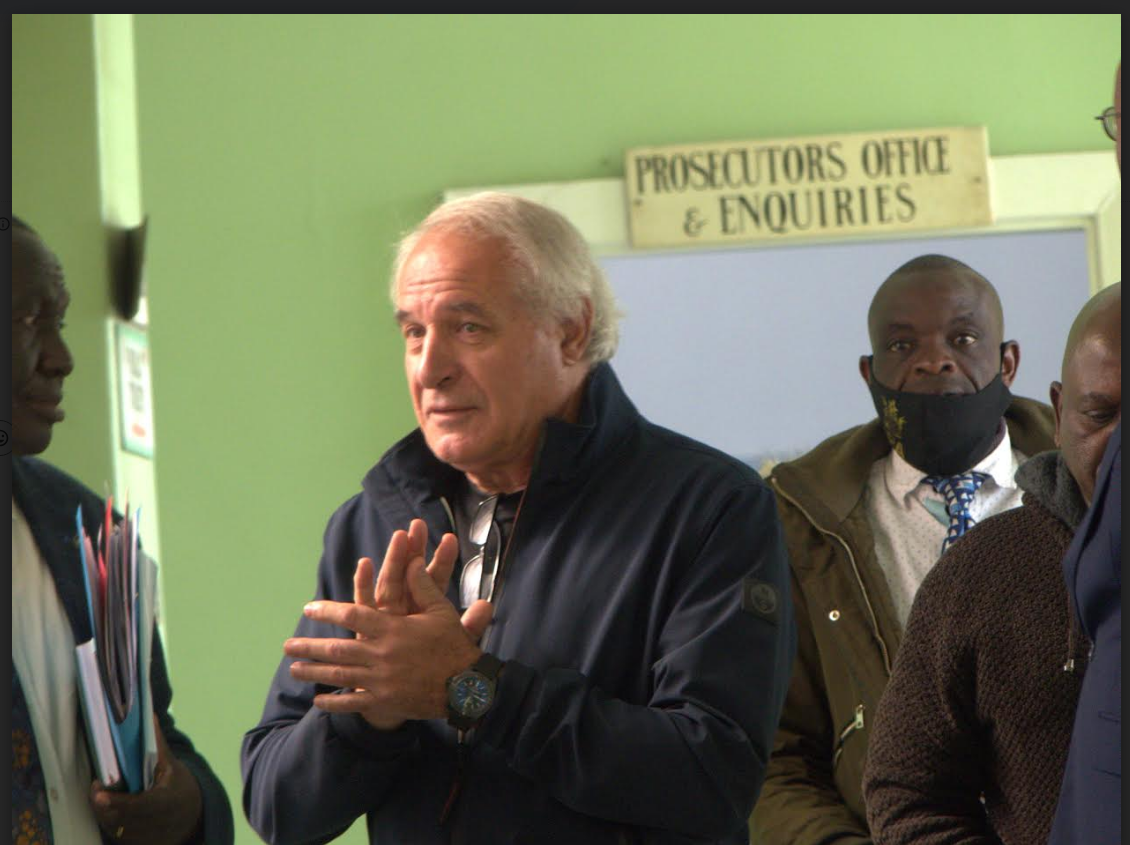
A Beitbridge public prosecutor and court interpreter are spending the weekend behind bars facing seven counts of conspiracy to commit crime.
Prosecutor Beatrice Pedzisa and court interpreter Bridgette Mudau were denied bail when they appeared before provincial magistrate Brenda Kachepa on Friday.
The two were arrested during the week after law enforcement agencies swooped on the Beitbridge magistrates court and confiscated mobile phones from officials from which incriminating details against the duo were extracted.
In her bail application ruling, Kachepa said, while the two court officials were cooperative with police, their attachment to an institution expected to uphold the law worked against their admission to bail.
"The state managed to substantiate more than two of their grounds of opposing bail,” she said.
“If convicted there is a possibility of a lengthy custodial sentence and that itself increases the flight risk.”
Kachepa also agreed with the state that there was a need to record statements from at least three more witnesses.
A lot had been said about a viral audio, which had not been placed before the court but the content in their phones authenticated the audio, she said.
- Court officials arrested over viral audio
Keep Reading
Pedzisa and Mudau were arrested after a viral audio by one Gloria describing her meeting with a prosecutor to throw away a case involving her relative.
Wilbrought Muleya prosecuted while Reliance Ndou of Samp Mlaudzi and Partners represented Pedzisa and Mudau.
A 2020 report by Transparency International titled: Judicial Corruption in Zimbabwe, alleged that the judiciary was perceived to be compromised.
As in other jurisdictions, the study highlights that corruption in the judicial sector in Zimbabwe occurs as either administrative corruption, operational corruption or both.
The study noted that the effect of perceived corruption should not be underrated as corrective measures require both “marketing a non-corrupt image and rebuilding the legitimacy of, and confidence in, the system”.











